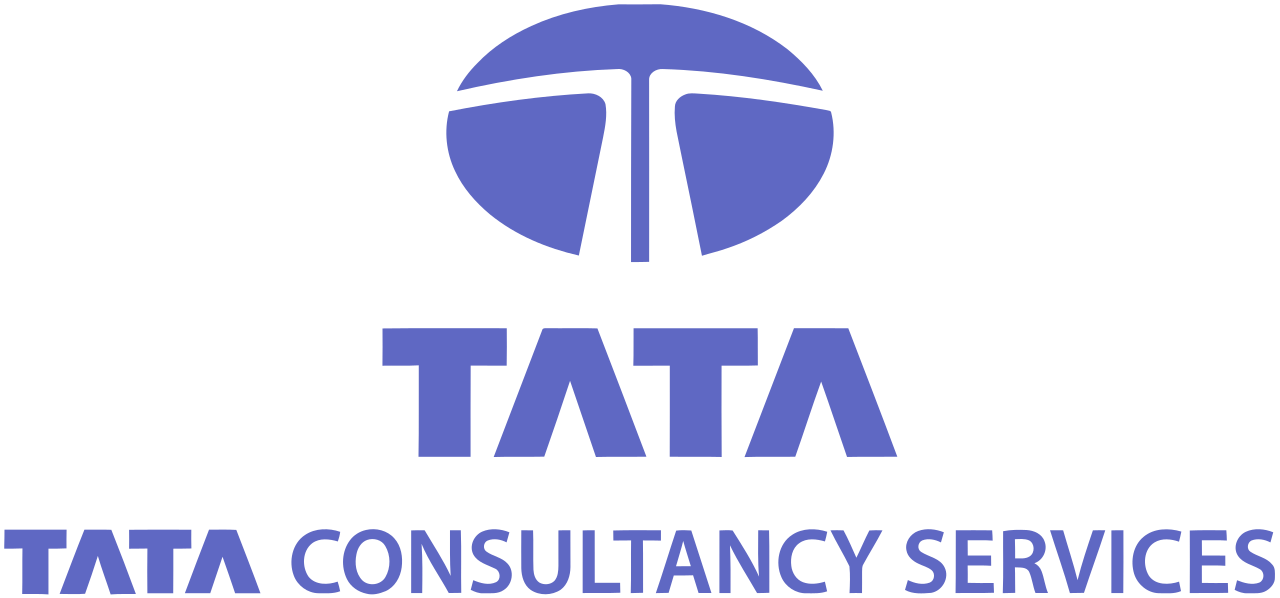The University of Tokyo and TCS Conclude Strategic Partnership to Drive Digital Innovation
Mumbai: Tata Consultancy Services (TCS) (BSE: 532540, NSE: TCS), a leading global IT services, consulting and business solutions organization, and the University of Tokyo (UTokyo), announced a strategic partnership to conduct joint academic-industry research.
Through the partnership, UTokyo and TCS aspire to realize their shared vision of applying design thinking and digital technologies to address real world business and societal challenges.
“Society 5.0 is Japan’s concept for a better future, built around an inclusive, sustainable and knowledge-intensive society, where information and services generate value underpinned by digital innovation and the various novel-technologies it produces. Digital technology is thus a critical component to realizing this society,” said Professor Makoto Gonokami, President, The University of Tokyo. “I expect this collaboration between UTokyo and TCS, a leading global company, will not only help address many of the challenges faced by modern society, but will further cultivate India-Japan relations and ultimately contribute to the growth of both nations.”
“We are pleased to strengthen our relationship with The University of Tokyo, a veritable global base for intellectual collaboration, with high-synergy engagement across multiple areas,” says K Ananth Krishnan, Chief Technology Officer, TCS. “As part of our Academic Co-Innovation network, TCS has invested in research projects at leading universities around the world to encourage open innovation. We look forward to a stimulating exchange of knowledge and interesting innovations that can solve problems for our customers, business and society at large.”
The strategic partnership aims to drive business innovation across four focus pillars:
1. Technological Collaboration
Members from UTokyo’s Graduate School of Information and TCS’ research team will explore joint research on the ‘Future of Work’, exploring the deployment of tele-robotics in unstructured environments with shared autonomy between robots and humans. The project will leverage TCS’ leading edge work in the field of cognitive robotics, which looks at robotic solutions spread across telepresence and teleoperations for the realization of agile workforces.
2. Talent Exchange
Research faculty from TCS’ Research & Innovation group will engage undergraduate and postgraduate UTokyo students through intensive lecture programs, starting with the field of embedded systems and robotics. Lectures will be conducted remotely using TCS Pace Port™ infrastructure. TCS will also offer internship opportunities to select UTokyo students/ researchers, who will gain from immersive research and learning opportunities at TCS’ global facilities.
UTokyo and TCS will also engage surrounding communities through a collaborative STEM education program centering around computer programming and programming-based logical thinking. The joint initiative will aim to nurture digital literacy and computational acumen amongst local junior high-school students.
3. Innovation
The application of design thinking as a framework for ideation and innovation is a common area of focus for the two partners. The Institute of Industrial Science, UTokyo’s ‘DLX Design Lab’ will collaborate with TCS’ service-design specialists to curate highly customized solutions that address real-world challenges of TCS customers.
4. Start-up Engagement
TCS will incorporate UTokyo’s 400-strong startup ecosystem into its TCS Co-Innovation Network (TCS COIN™), providing them global market access. Through various partner and customer engagements, these ecosystem partners will see the potential real-world application of their cutting-edge technologies expedited.
UTokyo and TCS will form a steering committee which will regularly convene and oversee the direction of engagements. Together the organizations look to work flexibly together to explore areas of high-synergy, establishing joint-research projects aimed at delivering innovative answers to some of the world’s most pressing challenges.

